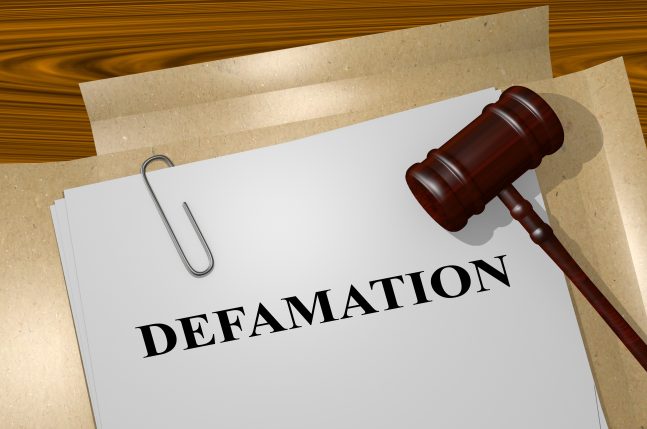
In defamation law, there is a defence of Qualified Privilege. A defamatory statement will not make the defendant liable if there was a legal, social or moral interest or duty to say it, and the person spoken-to had a corresponding duty or interest to hear it. And the statement must be reasonably necessary to the duty or interest.
For example, Sam is thinking of employing Mike. Mike used to work for Jack. Sam calls Jack to ask about Mike and Jack replies that he is ‘as lazy as a sloth.’ That might be defamatory but it will probably be protected by qualified privilege. Note that the defence of qualified privilege falls down if the statement is made maliciously. Also, generally, it applies to limited defamatory publications. So defamatory statements in a newspaper, TV broadcast or to the world over the internet will usually not be protected by the defence. There is a notable exception to this however.
In Australia, because of our Constitution and principle of representative government, the High Court has stated that communications on political and government matters, even to a large audience, may be protected by qualified privilege. All citizens have an interest in knowing what elected officials and statutory authorities and public utilities may be up to. So latitude is provided. This protection applies whether an election is imminent or not.
So if you’re going to write an article, letter-drop a circular, send a tweet, or write a blog, about some oaf of a politician or public servant, you may be protected by qualified privilege. But beware! The protection is not absolute. In publishing comment that is defamatory, you need to have done so reasonably. For example, if you know what you’re saying is false, or you know it might be false and don’t take the trouble to check, that is not reasonable and you may be liable for defamation damages. If you say it maliciously, that will not be reasonable. Take care, then, to remember the words of the great editor, C.P Scott: “Opinion is free but facts are sacred.”
For further information please contact Peter on 8362 6400 or email Peter Jakobsen. Join our mailing list to receive updates and advice on current issues.







